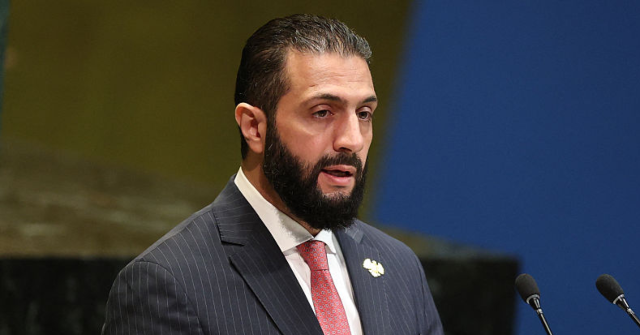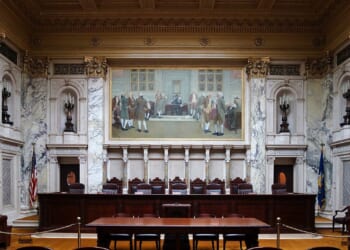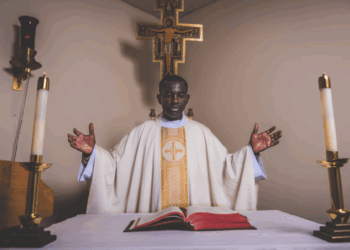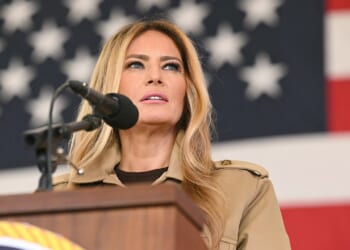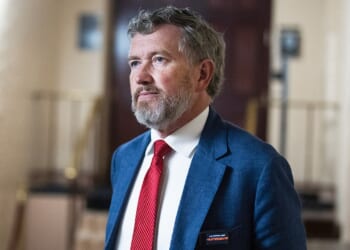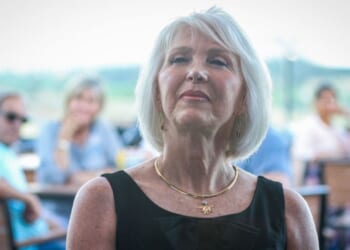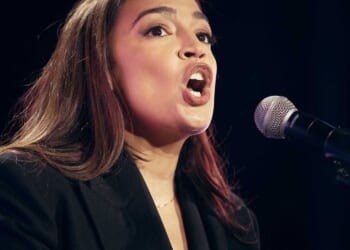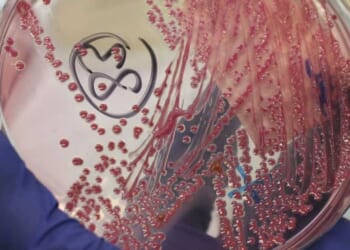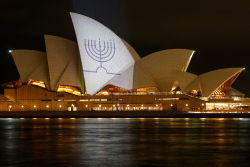The United Nations Security Council voted almost unanimously on Thursday to lift sanctions on Syrian President Ahmed al-Sharaa, an al-Qaeda affiliated jihadist who led the terrorist group Hayat Tahrir al-Sham (HTS) before seizing power in Damascus.
The United States introduced the resolution to lift sanctions on Sharaa and Interior Minister Anas Khattab, both members of jihadist rebel groups that fought against ousted dictator Bashar Assad during the over-decade-long civil war in the country. The HTS militia ended an extended lull in the war where Assad had appeared to cement his stranglehold on the country in November 2024, seizing control of the city of Aleppo. By December 7, Assad was on a plane to exile in Moscow.
Sharaa, the leader of HTS, was known by the nom de guerre “Abu Mohammed al-Jolani” and the time. He assumed the presidency of the country under his given name and began adopting Western fashion and attending global finance and investment conferences shortly after his ascent to the presidency, seeking funding for the reconstruction of the country. He has not abandoned his ambition to establish an Islamist state, however, and Syria adopted an Islamist constitution in March — shortly after a massacre of Alawite Shia civilians by elements associated with the new regime.
He is currently in Belém, Brazil, attending the United Nation’s climate alarmism summit COP30.
The resolution to lift sanctions on Sharaa and Khattab was welcomed warmly in the Security Council. None of the 15 members of the council voted against it, and only China abstained, offering grumblings that America allegedly “did not fully heed the views of all members and forced the Council to take action even when there were huge differences among Council members in an attempt to serve its own political agenda.”
The Chinese Communist Party was a lukewarm backer of the Assad regime, which lasted for half a century including the rule of dictator Hafez al-Assad, Bashar’s father. Russia, a much more active supporter of the Assad regime, voted in favor of lifting the sanctions, citing the need to inject as much financing into Syria’s economic recovery as possible. While Moscow offered Assad political exile, it has also invested in diplomatic outreach. Sharaa himself visited Moscow in October, meeting with strongman Vladimir Putin.
The sanctions relief arrives as Sharaa prepares an unprecedented White House visit, expected on Monday. President Donald Trump has vocally supported Sharaa, meeting him in May during a visit to the Middle East and describing him as a “young, attractive guy” who has “a real shot at pulling it together.”
Reports suggest that part of Sharaa’s White House visit will include joining the international, American-led coalition against the Islamic State. While HTS and the Islamic State are both Sunni jihadist terrorist organizations, HTS focused most of its violence throughout the war against the Assad regime, while the Islamic State worked to colonize as much territory as possible for its bloody “caliphate” vanity project.
Sharaa is currently making the rounds in Belém during the COP30 climate summit, meeting with United Nations Secretary General António Guterres and conducting interviews. Sharaa met with Guterres on one other occasion: his visit to New York for the U.N. General Assembly in September, where he became the first Syrian leader in over 50 years to address the forum. As with many of his other public appearances, Sharaa used his time to ask the world to invest financially in rebuilding Syria and for countries to lift sanctions intended to punish the Assad regime, which no longer exists.
“We call now for the complete lifting of sanctions, so that they no longer shackle the Syrian people,” he said before the General Assembly. “Investment laws have been amended, and major regional and international companies have already begun entering the Syrian market, contributing through investment and reconstruction.”
Speaking on the sidelines of COP30 with Al-Sharq TV, Sharaa promised the “birth of a new Syria.” According to a translation of his remarks by the state-run Syrian Arab News Agency (SANA), Sharaa emphasized that, while he wished to improve Damascus’s relationship with Washington, he knew that normalization must “start with action first” to build trust on both sides.
“Syria’s position is sensitive, and it has begun to reclaim its regional and global role,” he reportedly explained. “It is in the interest of many countries to have strategic relations with Syria — and likewise, in Syria’s interest to maintain such ties.”
On another occasion speaking publicly to an international crowd, in a speech last week to the Saudi Future Investment Initiative Conference in Riyadh, Saudi Arabia, Sharaa claimed that his efforts are bearing fruit and Syria has welcomed $28 billion in investments in the past six months.
“We will rebuild everything that was destroyed,” he promised, “and my greatest bet is on the Syrian people, who have endured bitter suffering, remained steadfast in their positions and ultimately triumphed. We want to rebuild Syria through investment, not through aid and assistance.”

